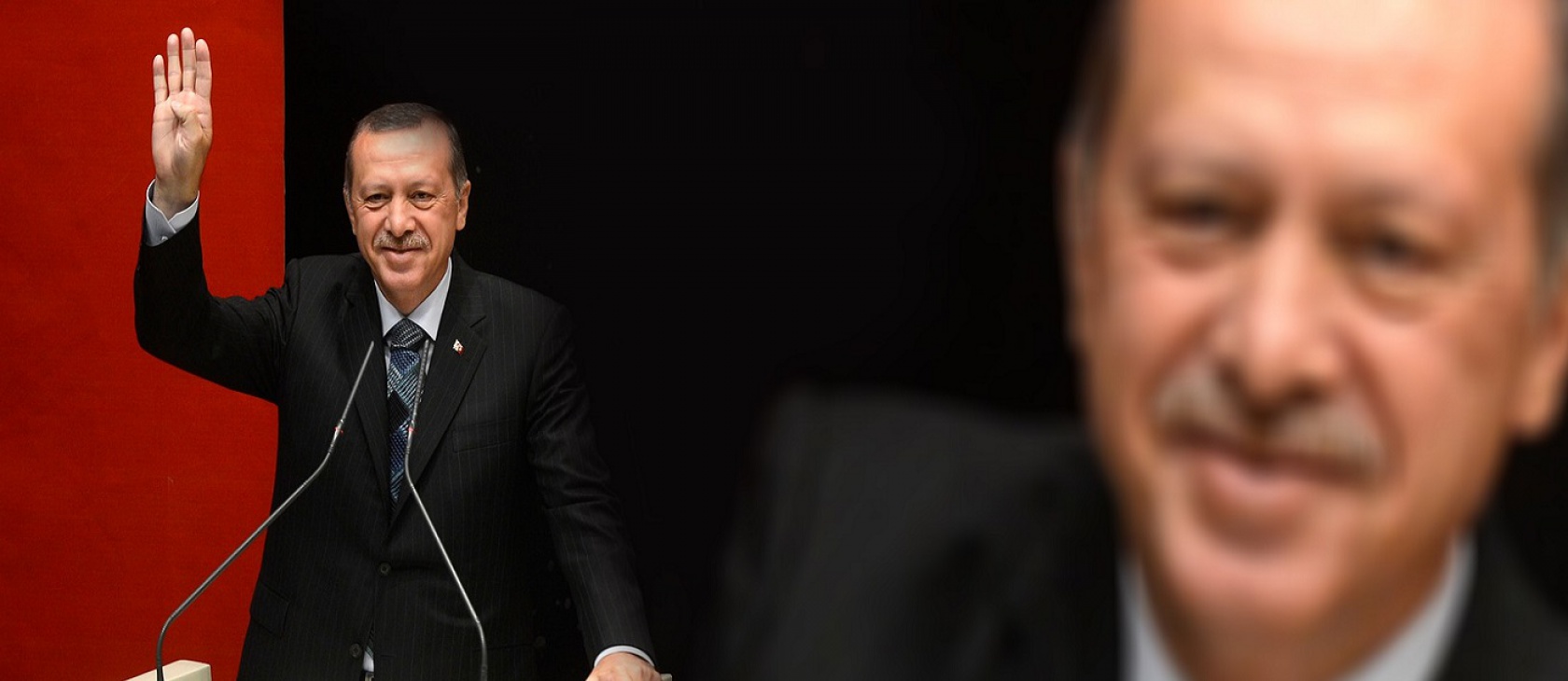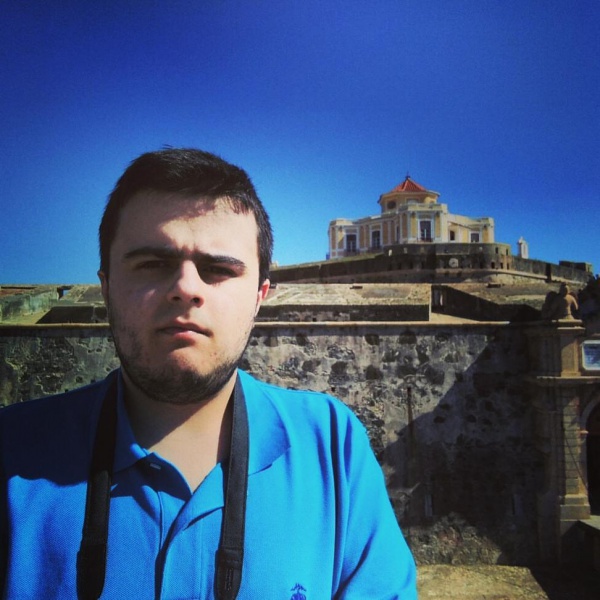Spain has significantly invested in Turkey’s public debt. Now, an economic downturn may be the price my nation pays for partnering with a nation demonstrating its progressively intensifying contempt for Western values.
Earlier this month, President Donald Trump doubled steel and aluminum tariffs against Turkey to protest the imprisonment of American pastor Andrew Brunson. The Christian pastor has been jailed in the Islamic nation since 2016, when President Recep Tayyip Erdoğan defeated an attempted coup d’état against his increasingly repressive government.
The tariffs have ratcheted up pressure on the national currency, the lira, which has dropped from $0.20 (U.S.) on July 31 to $0.16 on August 22. That exacerbates the plunge that currency has been undergoing since 2013, when it was worth more than twice its current value.
Among the main reasons for Turkey’s economic difficulties are its credit expansion, artificially low interest rates, a politicized central bank, and a public debt nearly equal to 30 percent of GDP (and growing).
In the midst of this crisis, some Western banks loaned hefty sums of money to Turkish entities. Some $8 billion came from Spanish banks. At this time, nearly a quarter of all Spanish investment in Turkey goes to finance the public debt. Spanish exposure to Turkish debt has tripled over the last five years. Chief among these investors is BBVA, one of Spain’s most important financial institutions.
The total amount of Spanish exposure, combined with Turkey’s currency crisis, led the Ibex 35 (Spain’s principal stock market index) to a near-annual low – and BBVA was one of the main factors. The bank earns 20 percent of its profits in Turkey. BBVA shares fell eight percent in just two days this month. Spain’s risk premium is 10 points higher than it was one month ago, and the Spanish financial sector could face greater risks yet.
This seems to be the price Spain has to pay for supporting a regime like Erdoğan’s Turkey. Civil liberties are anything but secure there. The Heritage Foundation reports that “[m]ore than one-quarter of the country’s judges and prosecutors have been dismissed by presidential decree since mid-2016 … and most of them have been jailed.”
Despite the lack of judicial independence, Erdoğan has long indicated his plan to reinstate the death penalty, should Turkish parliament finally pass the law.
Erdoğan has set into motion a fierce persecution of his political opposition, particularly pro-secession Kurds.
He’s also turned a blind eye to the persecution of Christians, or worse. According to the “World Watch List 2017,” it the 36th worst country in the world for anti-Christian persecution. That harassment involves attacks against places of worship, episodes of violence, social marginalization, and family instability. Domestically, he wants to increase the number of students enrolled in Turkey’s Islamic “Imam Hatip” schools.
Erdoğan is not content to keep Europe out of his financial contaction or his religious Islamic expansion. Externally, he has called on Turkish families in Europe to have five children, although they often end up as public charges. He clearly envisions Islam expanding in Europe at the cost, often literally, of Christians.
Supporting Turkey’s increasingly authoritarian regime has been a serious mistake for Spain’s banking sector. Western values of liberty and human dignity do not prevail in that Eurasian country. Yet Turkey’s stifling environment and misguided economic policies could create a worse economic situation in my native Spain.
Spain’s public debt currently stands at 108 percent of GDP. Debt rose by €23.4 billion in the second quarter of this year. However, Spain’s new socialist government wants to increase public spending and, with it, the tax burden of each family.
Further investment in Erdoğan’s Turkey, which is stoking an ideology at odds with Western civilization and civil liberties, can only worsen the already risky situation of the Spanish economy.




